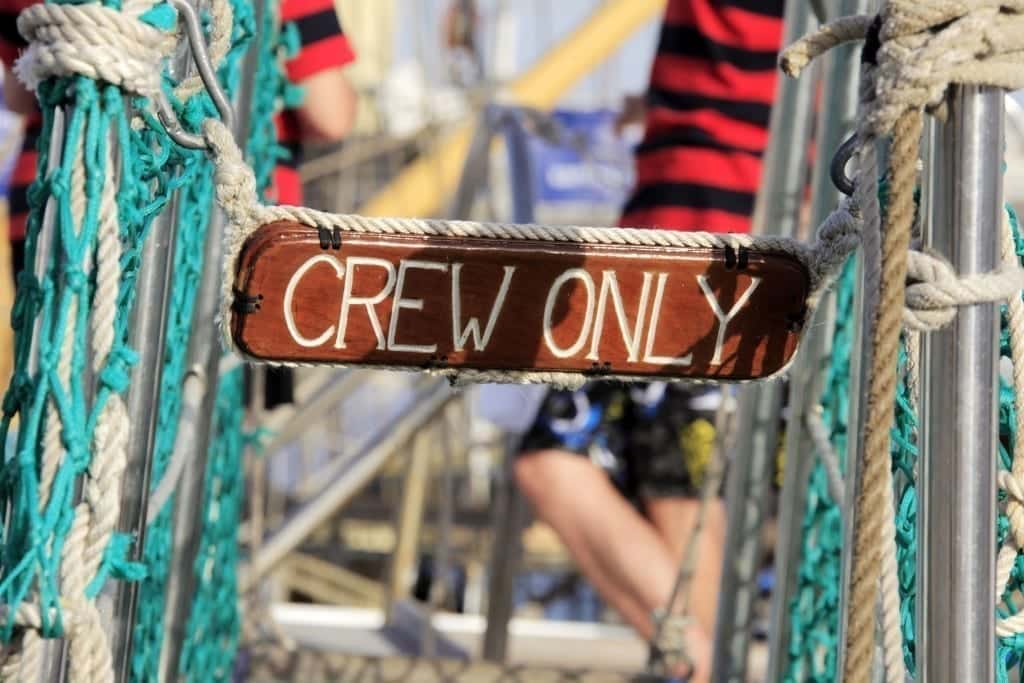Many people are often surprised to learn that injuries, crimes, and wrongful deaths that occur on cruise ships are not governed by the traditional laws of the US legal system. Instead, they are governed by a unique area of the law known as maritime law.
Maritime law—otherwise known as admiralty law—is a body of laws, conventions, and treaties governing international private businesses and matters that involve ships and crimes that occur on the open water.
Maritime and admiralty law is a highly specialized area of the law, and personal injury cases that fall under maritime law can be particularly complex. Because of this, the vast majority of personal injury claims must be handled by qualified maritime attorneys experienced with the ins and outs of this unique area of the law.
How do you know if your personal injury case falls under maritime law? Typically, maritime law governs all injuries occurring at ocean, inland, and coastal navigable waterways on vessels such as cruise ships, ferries, riverboats, and fishing boats. Below, we’ve listed some of the most common personal injury claims that fall under maritime law:
Slip and fall accidents on ships. If you suffer injury because a slip and fall accident on a cruise ship, ferry, or other type of watercraft, your injury claim may fall under maritime law. These kinds of injuries may occur because of unsafe conditions such as wet decks, improperly secured gangways, and inadequate railing systems. If hazardous conditions and crew member negligence cause you to injure yourself in a slip and fall accident, you may be able to obtain compensation for medical bills and overall pain and suffering with the help of a qualified maritime attorney.
Medical negligence on ships. It’s common for germs, viruses, and disease to spread quickly on large ships, where crowds of people are confined in closed quarters. Unfortunately, medical personnel and facilities on cruise ship are often ill-equipped to treat sick passengers, resulting in improper treatment, medical errors, and the aggravated spread of disease. If you’ve suffered because of the medical negligence of a cruise line’s doctor or unsanitary conditions aboard, your injury case likely falls under maritime law, and you may be able to recover damages with the assistance of a maritime lawyer.
Drownings. Whether someone drowns in an onboard pool or by falling overboard from a cruise ship, tour boat, or other watercraft, this type of personal injury claim may fall under maritime law.
Fires. Out at sea, it’s easy for fires to quickly become out of control, causing destruction and injury to those aboard. If you’ve been injured because of a fire aboard a cruise ship, yacht, or other vessel, your injury case may fall under maritime law.
Crewmember injury. Working aboard cruise ships, ferries, tankers, and fishing boats can be a dangerous career, and crewmembers of these types of vessels often face high risk of injury. Happily, under maritime law, crewmembers are allowed unique recovery rights when injured. A maritime lawyer may be able to assist crewmembers in receiving compensation for medical bills, lost wages, and other damages.
These are only some of the many types of injuries and crime that occur out at sea, which can range from food poisoning to assault by crewmembers. After falling victim to any type of injury or crime on a cruise ship, ferry, yacht, or other watercraft, many passengers make the mistake of hiring a general practice personal injury lawyer. Oftentimes, these types of lawyers are unequipped to handle these types of cases, since they are unfamiliar with the nuances of the highly complex maritime law. If you or a family member has been injured at sea, your best bet is to contact a seasoned maritime attorney with the training, knowledge, and experience necessary to defend your rights and fight for fair compensation.
About the Author:
Andrew Winston is a partner at the personal injury law firm of The Law Office of Andrew Winston. He has been recognized for excellence in the representation of injured clients by admission to the Million Dollar Advocates Forum, is AV Rated by the Martindale-Hubbell Law Directory, and was recently voted by his peers as a Florida “SuperLawyer”—an honor reserved for the top 5% of lawyers in the state—and to Florida Trend’s “Legal Elite.”








